Hospital
Moffitt Cancer Center & Research Institute
The Moffitt Cancer Center & Research Institute is a non-profit cancer treatment and research centre established in 1981 by the Florida Legislature and opened on the campus of the University of South Florida in October 1986.
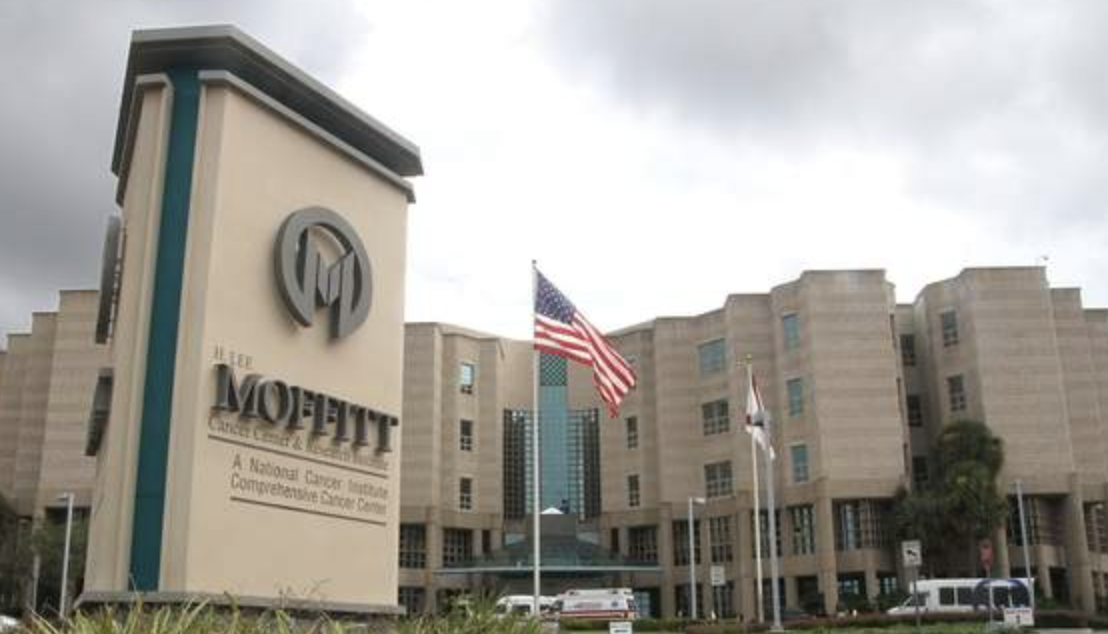
Founded in 1981, Moffitt Cancer Center & Research Institute is a non-profit cancer treatment and research centre located in Tampa, Florida. campus. According to Enomicon, a medical institution abroad, Moffitt Cancer Centre is a comprehensive cancer centre in Florida designated by the National Cancer Institute (NCI). According to the US News & World Report 2017-2018 Best Cancer Hospitals ranking, Moffitt Cancer Centre is ranked ninth in the nation.
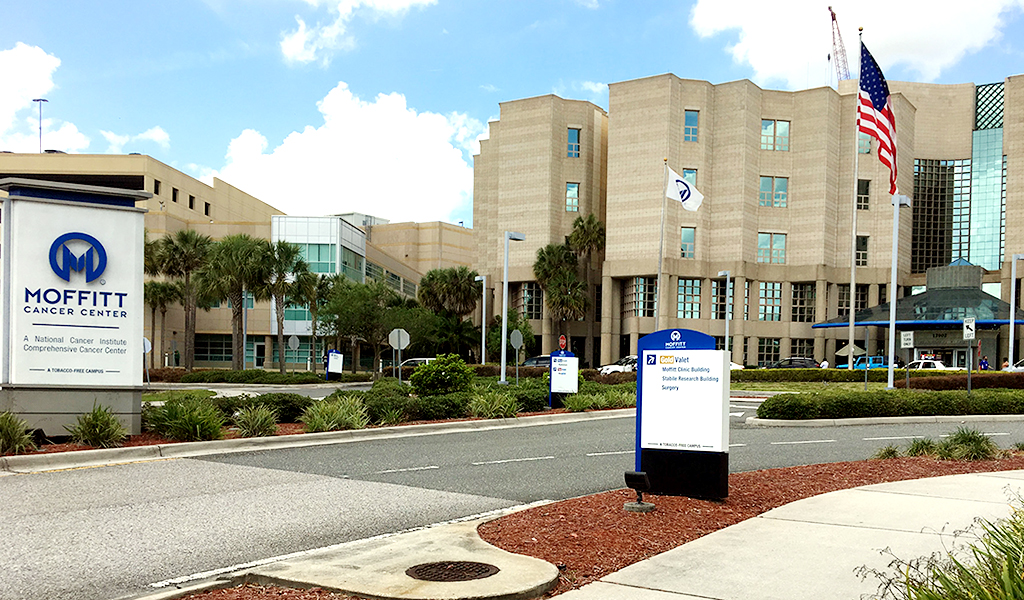
Moffitt Cancer Center is committed to being the leader in knowledge about the complexities of cancer through team science and putting those insights to work for the benefit of humanity. The Centre has more than 800 research scientists, career scientists, post-docs, post-graduate students and back office staff working together for the cause of cancer research. Based on its empathy for patients, its emphasis on teamwork, and its culture of scientific excellence, the Moffitt Cancer Centre makes a significant contribution to the field of cancer prevention and treatment.
The Centre's size, its focus on cancer research, and its close interaction and outreach to academic partners from across the state, the country and the world have resulted in a rich, academic, collaborative environment that meets the need to conduct excellent cancer research and nurture the next generation.
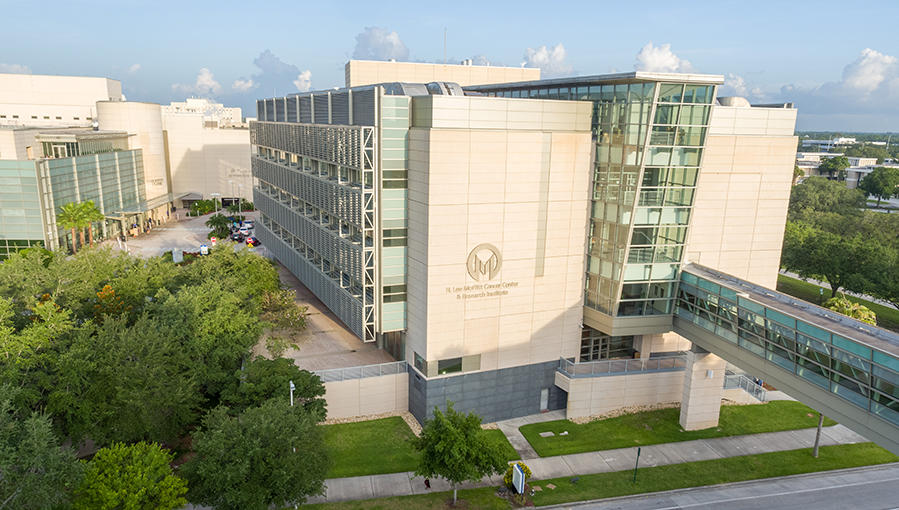
Origin of the Hospital
In late 1978, the death of several friends of H. Lee Moffitt in Florida from cancer made him realise the need for a comprehensive cancer centre in Florida, and Moffitt set out to seek community support and persuade the state legislature to fund the establishment of the hospital. During the preparatory phase of Moffitt's cancer centre, the NCI-designated cancer centre's expert consultant staff was retained to ensure that the centre was built with as much advanced technology and efficient design as possible.
In 1990, the Centre acquired the Cancer Centre's Research Centre building, thereby increasing the level of its scientific, clinical and logistical staffing and giving it a higher vision beyond that of its original institution. The Moffitt Research Centre became the hub for basic and translational cancer research, with the primary goal of translating laboratory findings into patient-ready treatments as quickly as possible. In 1999, the Moffitt Research Centre built 48,000 square feet (4,500m2) of new basic research laboratories at a cost of US$11 million to meet the office needs of the growing number of research staff.
Medical contributions
Through clinical trials, Jeffrey Weber, PhD, director of the Donald A. Adam Comprehensive Melanoma Research Centre at Moffitt Cancer Centre, and researchers have found that the combination of two monotherapy drugs, Mekinist (trametinib) and Tafinlar (dabrafenib), safely eliminates or delays most melanomas with specific In January 2014, the US FDA approved Mekinist in combination with Tafinlar, one of the big advances in melanoma treatment in the last 30 years.
In August 2011, the FDA approved verofenib (vemurafenib, trade name Zelboraf) for the treatment of metastatic melanoma in patients with certain specific genetic mutations. The Moffitt Cancer Centre conducted a registration trial using the drug, whose manufacturer is Genentech, a Roche company.
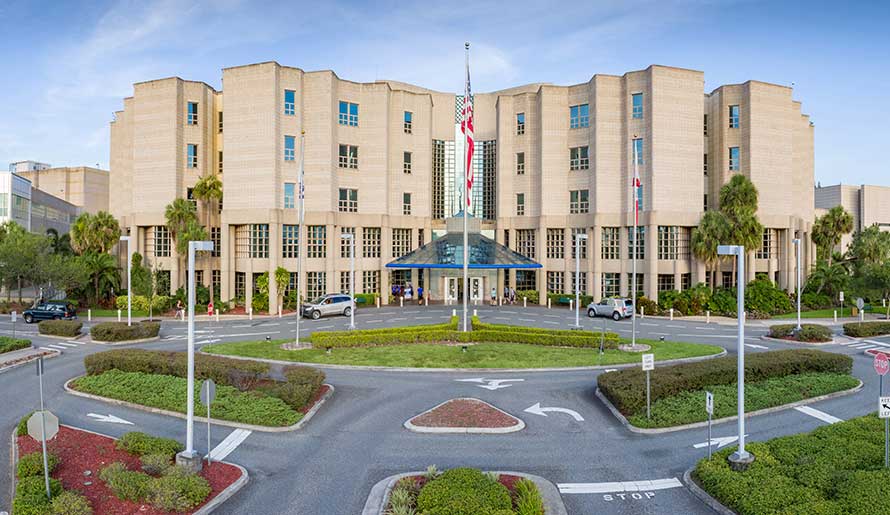
In September 2014, Keytruda, a new cancer immunotherapy for melanoma patients, was approved, making it the first anti-PD-1 therapy approved for marketing in the US, according to Enomicon, a provider of outpatient care. Jeffrey Weber, PhD, Director of the Donald A. Adam Center for Excellence in Integrative Melanoma Research at Moffitt Cancer Center, was one of the principal investigators in the clinical trial, which was granted FDA Breakthrough Drug Status designation. Dr Anna Giuliano, Director of the Moffitt Center for Cancer Infection Research, led two studies on human papillomavirus (HPV) infection. Her work has further strengthened the US FDA's recommendations for HPV vaccination for men and women and provided useful data for modelling the realistic cost-effectiveness of HPV vaccines for men internationally.
October 2017 saw the approval of the CAR T-cell therapy Yescarta, a revolutionary new immunotherapeutic agent for the treatment of adult patients with diffuse large B-cell lymphoma, a form of non-Hodgkin's lymphoma. Dr Frederick Locke of Moffitt Cancer Centre was co-lead of the pivotal ZUMA-1 clinical trial that completed testing of this new therapy.
Qualification recognition
Moffitt Cancer Center was named the 2017 Nonprofit Organization of the Year by the Tampa Bay Business Journal, as well as the Top in Health Care and Human Services. in 2015, Moffitt Cancer Center received Magnet recognition for nursing excellence from the American Nurses Credentialing Center (ANCC). That same year, the Becker's Hospital Assessment Report named Moffitt Cancer Center President and CEO Dr. Alan List to its "Top 100 Hospitals and Health Systems for Physicians.
Cancer Programmes
The Moffitt Cancer Centre conducts the following five multidisciplinary research projects in which integrated multidisciplinary teams collaborate to address complex cancer problems:
Tumour biology and evolution: experts from various fields within the Centre (including mathematicians, evolutionary biologists and basic and clinical cancer researchers) collaborate systematically and in turn drive the progress of this innovative project.
Tumour Epidemiology: This project aims to identify multiple risk factors in the development of cancer, including onset, progression and outcome, and to translate the findings into effective prevention and early detection tools to reduce the incidence of cancer.

Chemical Biology and Molecular Medicine: This project combines chemical biology with systems biology techniques with the aim of developing new cancer therapies.
Health Outcomes and Behaviour: The aim is to conduct research into health-related behaviours, medical practices and health-related quality of life in order to facilitate cancer prevention, detection and control.
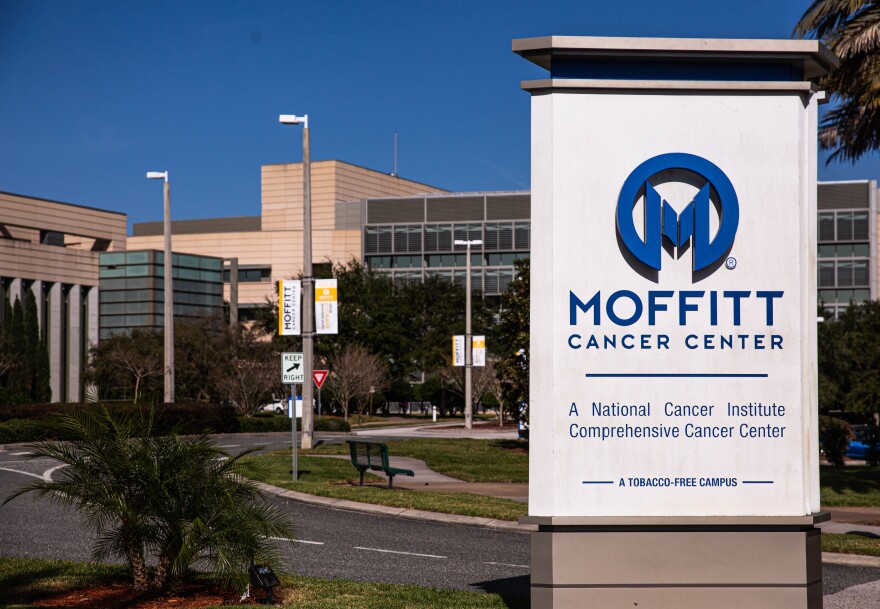
Immunology: This project aims to develop advanced clinical immunotherapies for the treatment of cancer patients.
The goal of the above projects is to closely integrate the work of basic translational medicine researchers with that of clinical medicine researchers in order to facilitate research into the underlying mechanisms of disease and rapid translation from the laboratory to actual treatment.
-
![]()
![]() HospitalFeb 02, 2026
HospitalFeb 02, 2026Christie Hospital, UK
-
![]()
![]() HospitalFeb 01, 2026
HospitalFeb 01, 2026Memorial Sloan Kettering Cancer Centre, USA
-
![]()
![]() HospitalJan 31, 2026
HospitalJan 31, 2026Dana-Farber Cancer Research, Teaching Affiliate, Harvard Medical School
-
![]()
![]() HospitalJan 30, 2026
HospitalJan 30, 2026Fujita Medical University Hospital, Japan
-
![]()
![]() HospitalJan 29, 2026
HospitalJan 29, 2026Cleveland Clinic - Top 10 Best Hospitals in the World




